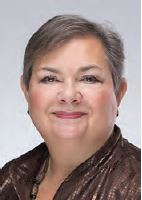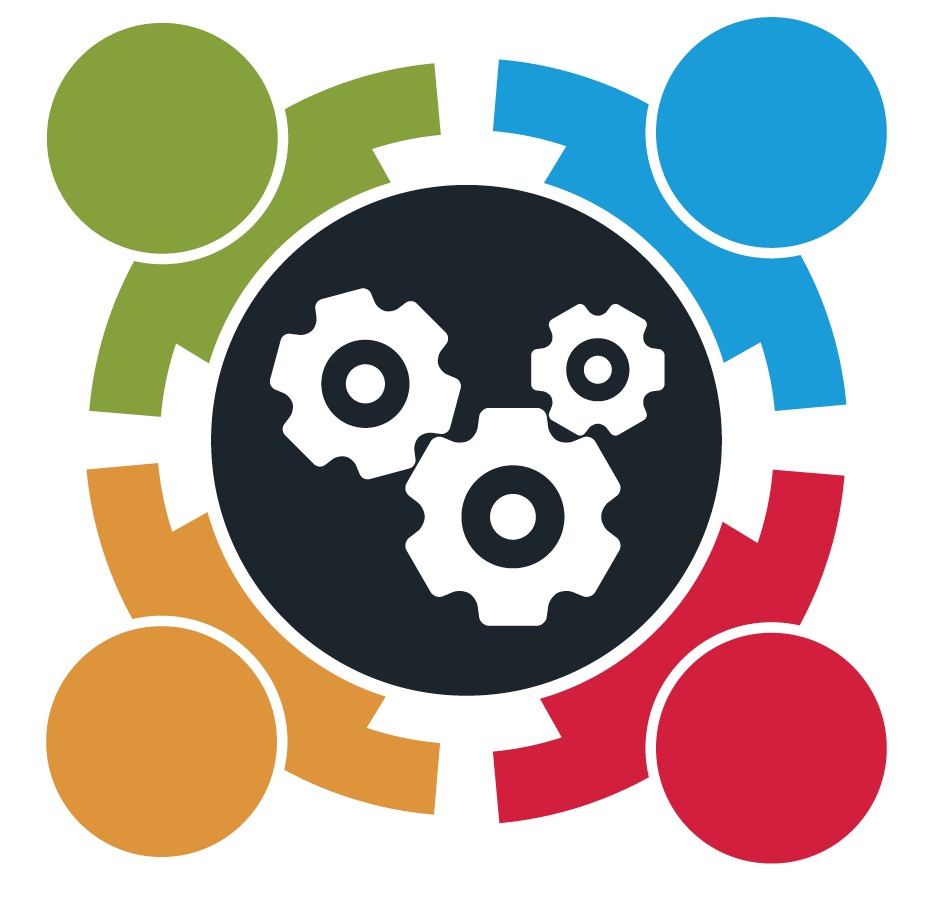
Learning Forward
Learning Forward is the only professional association devoted exclusively to those who work in educator professional development. We help our members plan, implement, and measure high-quality professional learning so they can achieve success with their systems, schools, and students.
All Articles
-
PD Brain Trust
Members of the PD Brain Trust are among the field’s leading thinkers, designers, and practitioners. They represent advocacy and research organizations, educator associations, foundations, school systems, higher education institutions, and state and provincial education agencies. Roderick Allen, British Columbia Ministry of Education Barnett Berry, Center for Teaching Quality Catherine Brown, […] -
Lessons From Research
14What The Study Says In this study of 16 teachers in two primary schools in the Netherlands, researchers built on findings from previous studies to demonstrate that a thoughtfully designed professional development program can be “effective and sustainable, if certain conditions are met” (p. 772) in changing teachers’ knowledge, beliefs, […] -
One Protocol, Two Ways
Most protocols are flexible and can be used or adapted for multiple purposes. The Descriptive Consultancy (McDonald et al., 2007), developed by Nancy Mohr, is a variation on The Consultancy, developed by Gene Thompson-Grove, Paula Evans, and Faith Dunne at the Coalition of Essential Schools and the Annenberg Institute for […] -
Essentials
Deeper Learning DL Planning Guide The DL Planning Guide, based on the book Deeper Learning: How Eight Innovative Public Schools Are Transforming Education in the Twenty-First Century (The New Press, 2014), offers practical guidance on the conditions that have to be established for schools to change their practices to ensure […] -
Take Ownership Of Your Learning
A couple of weeks ago, one of my colleagues related a coaching experience where she was in the position of sitting and watching, when she could have been trying and doing. She knew she wouldn’t be able to apply her learning until she put it into practice. While she needed […] -
The Shift From 'Me' To 'We'
The athletic coach’s focus is to develop individual skills as well as the collective capacity of the team to perform at the highest level. A coaching culture applies the same concept to schools. What might this dual approach to coaching — the individual and the collective — mean and look […] -
A Sense Of Balance
The York Region District School Board in Ontario, Canada, is moving to what Hargreaves and Shirley call the fourth way of learning (Hargreaves & Shirley, 2009), which emphasizes teacher professionalism and the importance of leadership that is responsive to student and teacher needs. Leaders of this high-performing district knew that […] -
'what If' Sparks A New Way To Learn
In trying to make professional learning as individualized as possible, have we sacrificed collaboration and made the personal impersonal? This question came to mind as I took my school district’s standardized, required courses covering such topics as copyright, conflict of interest, and bullying. I completed the forms and received credit. […] -
Tailored To Fit
Professional learning communities have long been considered a powerful form of collaborative professional learning, as the Learning Communities standard in Learning Forward’s Standards for Professional Learning attests (Learning Forward, 2011). This focus on communities can engage teachers in ongoing professional dialogue and examination of student work as members learn with […] -
Data Drives These Coaches
Go to any school board meeting and you will hear about the projects, goals, and initiatives taking place in the district’s schools. School-based staff must continue to learn and enact more effective instructional practices to ensure that students are reaching higher benchmark expectations. Research highlights the importance of individualized approaches […]











